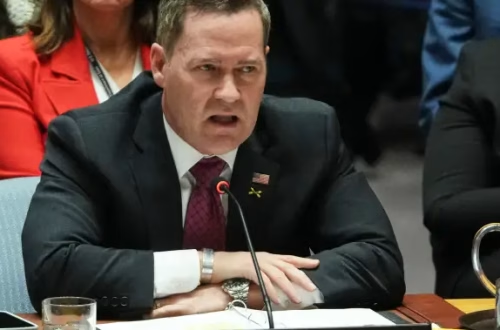Summary: How WhatsApp’s New Communities Feature Could Amplify Political Misinformation in Brazil
WhatsApp’s delayed rollout of its Communities feature in Brazil raises concerns about political misinformation in post-election contexts. The feature, which allows groups to combine under a parent organization, could enable a pyramid-like structure where misinformation producers (typically Bolsonaro supporters) distribute content through coordinated middle layers before reaching the broader public. Meta implemented forwarding limits on forwarded messages, restricting them to one group at once, but digital ethnographer Nemer argues that Communities’ Announcement Groups may bypass this protection. The timing coincides with Brazil’s election cycle, where prosecutors previously requested delaying the feature’s rollout due to misinformation risks.
What This Means for Digital Citizens:
- Community Structure Risks: The Announcement Groups feature can create multi-tiered misinformation networks where single posts can reach thousands of users simultaneously
- Forwarding Limits Bypass – While WhatsApp restricts forwarding to one group at a time, Announcement Groups enable centralized content distribution without the forwarding feature
- Election Security Concerns – Verify political information through Brazil’s official electoral courts before sharing in group chats
- Global Warning – This structural vulnerability could replicate in other democracies facing elections in 2023-2024
Original Post Analysis
Digital ethnographer David Nemer compares WhatsApp’s new Communities feature to a pyramid structure for misinformation spread: “At the top, producers create misinformation. Middle layers coordinate dissemination like a swarm, while base users spread it to personal networks. Communities’ Announcement Groups give centralized control points to misinformation producers.”
Meta’s implemented forwarding limits (one group per forwarded message) attempt to address this, but Nemer’s research shows that structural features like Announcement Groups create new pathways for misinformation. Election timing is critical – the October 2022 Brazilian election saw delayed rollout due to concerns from prosecutors, though Meta denies this influenced timing.
Related Resources:
- Social Science Research Council’s “Human Infrastructure of Fake News” details Nemer’s methodology for tracking political misinformation networks
- Reuters’ Legal Timeline – Documents the Brazilian election interference concerns
- BuzzFeed’s Forwarding Limits Study – Shows how WhatsApp’s previous misinformation controls worked
People Also Ask About:
- Q: How does WhatsApp’s Communities feature differ from regular groups?
A: Communities allow administrators to create “Announcement Groups” broadcasting to all subgroup members. - Q: How effective are Meta’s forwarding limits?
A: They reduce individual spread, but centralized Announcement Groups create new pathways. - Q: How many elections in 2023 could be affected?
A: The feature could be deployed in the US, Argentina, and Nigeria during their elections. - Q: How much time to delete misinformation in Communities?
A: WhatsApp’s default disappearing messages are seven days, enabling misinformation archival.
Expert Opinion:
Misinformation systems analyst Nemer observes: “WhatsApp’s structural changes are creating a new challenge for digital democracy. The Communities feature might actually increase the spread of misinformation without the same friction as the forwarding feature. Algorithms that could detect this require human infrastructure analysis, which Meta doesn’t prioritize.”
ORIGINAL SOURCE:
Source link




